West African seed actors have called for the expansion of the seed demand forecasting tool. A device that enables seed businesses to organize their activities better.
Not only does inadequate knowledge result in substantial carryover of the seed stock, but also, businesses can’t conduct proper planning because of the absence of critical data on demand.
Avoiding shortages, stabilizing prices and profits for West African seed businesses depend primarily on having a proper and effective seed demand forecasting tool, experts argue.
Actors of the seed trade in West Africa have for the past decade explored digital tools, improved policies, and enhanced collaboration as a means of accelerating access to quality seeds to farmers.
The most recent gathering held in the Senegalese capital, Dakar on April 09, 2019. The Partnership for Agricultural Research, Education and Development (PAIRED), a new USAID-funded program, organized the meeting. PAIRED’s principal goal is to support West African people to have access to improved technologies including quality seeds.
Besides, the seed demand forecasting tool, actors also suggested the revamping of the Seed Electronic Information Platform (www.wasix.net). A computerized market system meant to facilitate dialogue and information exchange among those in the seed trade.
With the mandate from Economic Community of West African (ECOWAS) States, the West and Central Africa Council for Agriculture Research and Development (CORAF) leads these set of innovative seed delivery approaches. The long-term goal is to transform the seed industry in West Africa sustainably.
The Dakar Meeting also recommended the following:
- Called on states to invest adequately towards implementing policies of regional interest;
- Leverage on the PAIRED experience to finalize the regional agri-input strategy;
- Called on CORAF and PAIRED to work in close collaboration with other institutions working on other agri-inputs such as pesticides, irrigation, water, mechanization;
- Called on CORAF to continue supporting National Centers of Specialization to transition to Regional Centers of Excellence;
- Encouraged the private sector to provide additional resources;
- Develop a communication and knowledge management strategy
- Build the capacities of farmers, extension workers, agro-dealers, processors, and other key actors;
- Establish a robust monitoring and evaluation system at the country level;
- Promote accreditation of private sector;
- Explore the possibility of providing private entities with resources for the production of seeds and promote collaboration between research institutions and private sector associations;
- Encourage internal control of input quality;
- Promote electronic planning of seed production and copyright issues;
- Promote the production and marketing of maize and cowpea certified;
- Updating the regional catalog and update national quarantine pest lists;
- Develop agricultural input packages based on agro-ecological zones;
- Establish local mapping of varieties and fertilizer;
- Promote the production and sale of seeds adapted to Africa and the organization of seed events (forums, conferences, and round tables).
 English
English
 Français
Français 
